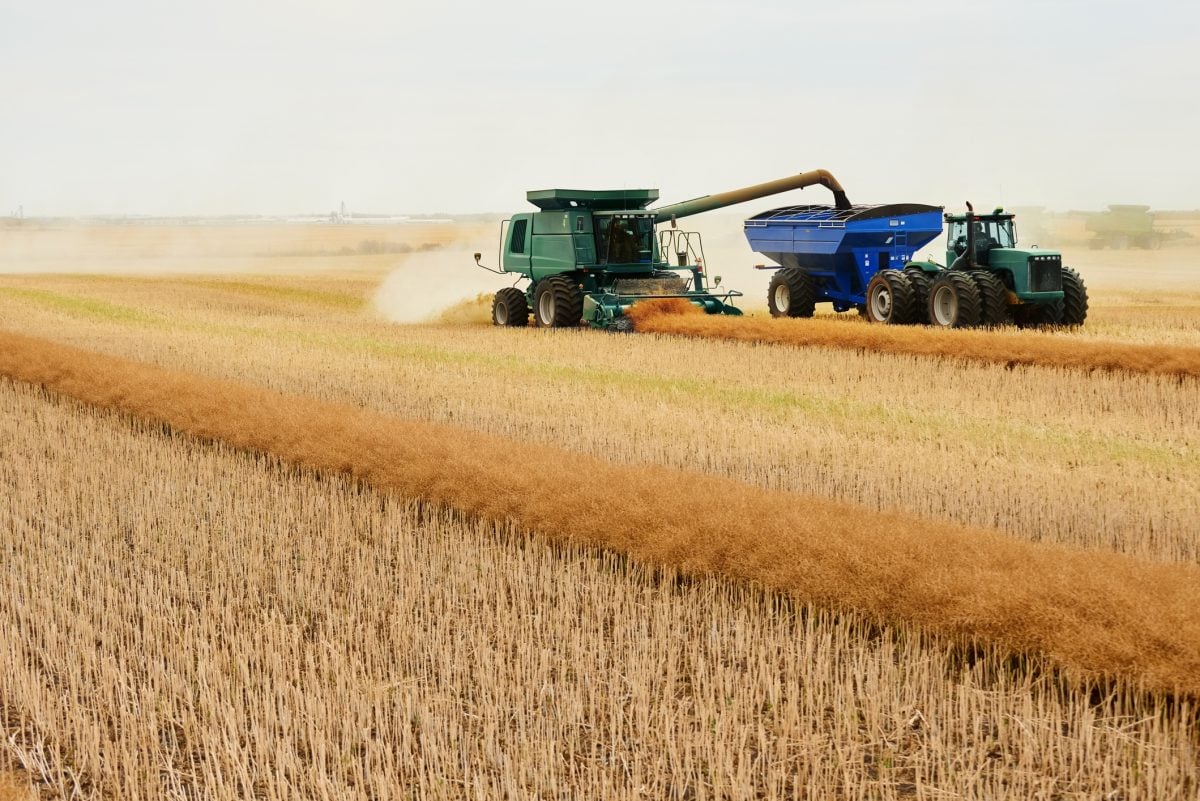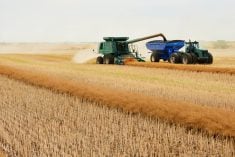MOSCOW, March 7 (Reuters) – Russian winter grains have been largely unaffected by December-February weather and are doing better than usual, a state weather forecaster said on Tuesday, suggesting good prospects for the 2017 crop.
Russia, one of the world’s largest wheat exporters to North Africa and the Middle East, harvested a record grain crop of 121 million tonnes in 2016, and this year’s crop is expected to be lower but still massive.
As of early March, between three and five percent of winter grains – 500,000 to 800,000 hectares – were estimated to be in poor condition, Anna Strashnaya, an analyst at the agricultural department of Hydrometcentre, told Reuters.
Read Also

Canadian Canola Growers await info on Advance Payments Program changes
The Canadian Canola Growers Association says it’s waiting on more information from the federal government before it can double farmers’ access to interest-free canola advance payments.
Russian farmers last autumn sowed winter grains on 17.4 million hectares for the 2017 crop, up from 16.3 million hectares the year before, and about three percent of the area was in the poor condition that time.
A year ago, the share of winter grains in bad condition was 500,000 hectares but the total area was smaller and the winter weather was very favourable. The average area in poor condition in recent years has been 1.1 million hectares, Strashnaya added.
“Our forecast is optimistic. We believe that the sowings passed the winter better than they usually do,” Strashnaya said.
Compared with November, the condition of winter grains has improved in part of Russia’s Southern and Volga regions, but warm weather worsened the situation in the northern part of the Central region.
The level of moisture in soil is good in almost all regions thanks to heavy autumn rains and deep snow during the winter.
“Our prospects for the harvest are good, but May and June are still to weigh in,” she added














